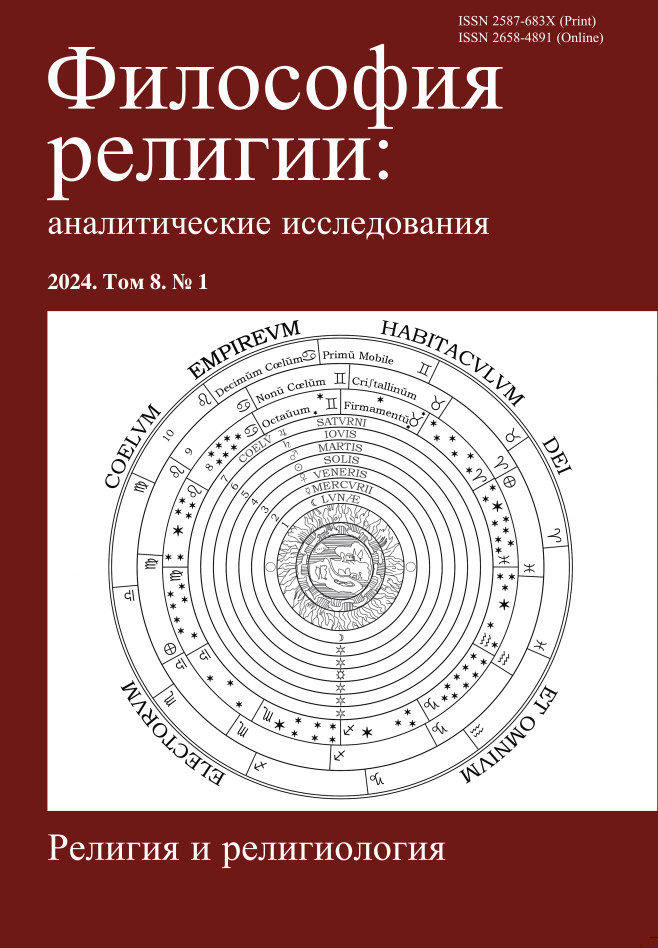Religion, Charity, and Following Reason Wherever It Leads: Rethinking Aquinas’ Thought
DOI:
https://doi.org/10.21146/2587-683X-2024-8-1-83-96Keywords:
Aquinas, Faith, Religious dimension of faith, Propositional Belief, Christian philosophyAbstract
Scholars of Aquinas have usually focused on the intellectual aspect of the Christian faith, i.e., on the view that faith is a propositional belief. In this view, faith can be subjected to rational scrutiny, and at least in principle rejected, if this is required by contrary evidence. In this article, I intend to show that for Aquinas, faith is not only a propositional belief. Consequently, it cannot be limited to the intellectual dimension. A moral and a religious one should be included, since faith is also a matter of good choice and relationship with God. Because of this relationship – which is the religious dimension of faith – faith is caused by charity, which makes the faithful firmly believe the fundamental tenets of divine revelation, however convincing contrary evidence may appear to be. Furthermore, when it comes to the relationship between faith and rational arguments, such a firm faith leads the believer to promote intellectual virtues, among which, open-mindedness stands out. The believer is led to follow reason wherever it leads, which means that he is put in the optimum condition to conduct research and debates.

 This work is licensed under a
This work is licensed under a 
